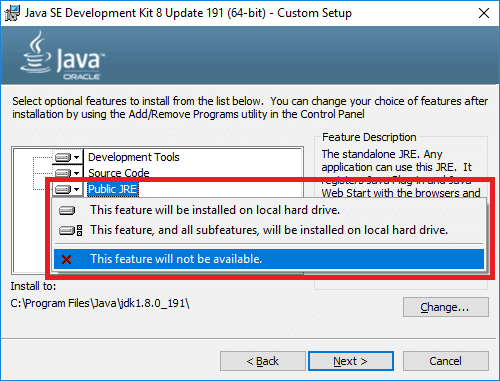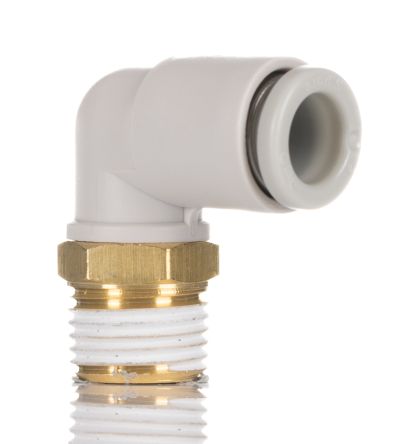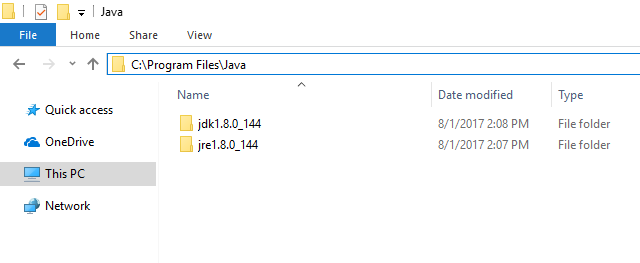Last updated on JULY 21, 2020
That got it working for me. Now, when I run java -version, I get: java version '1.8.0144' Java(TM) SE Runtime Environment (build 1.8.0144-b01) Java HotSpot(TM) 64-Bit Server VM (build 25.144-b01, mixed mode For more details, see this post on Medium.com. Update the system to use the new JRE instead of OpenJDK. Sudo update-java-alternatives -s oracle-java8-jre-amd64 (Optional) Verify the version of Java that is active on the system. Java version “1.8.0144” Java(TM) SE Runtime Environment (build 1.8.0144-b01) Java HotSpot(TM) 64-Bit Server VM (build 25.144-b01, mixed mode).
Java™ SE Development Kit 8, Update 144 (JDK 8u144) July 26, 2017 The full version string for this update release is 1.8.0144-b01 (where 'b' means 'build'). The version number is 8u144. Java SE 8 Archive Downloads (JDK 8u202 and earlier) Go to the Oracle Java Archive. The JDK is a development environment for building applications using the Java programming language. A Installing the Java Runtime Environment (JRE). The Oracle GoldenGate Director software and installer both rely on components in the Java Runtime Environment (JRE). In many cases, this environment already exists because it was installed when the system was configured or when another program was installed.
Applies to:
Siebel CRM - Version 15.18 [IP2015] and laterInformation in this document applies to any platform.

Symptoms
MOS Certification tab only list Java Oracle JRE 1.8.0_141 for IP2015. When will Java Oracle JRE 1.8.0_144 be listed.
Changes

Cause
To view full details, sign in with your My Oracle Support account. |
Don't have a My Oracle Support account? Click to get started! |
| Symptoms |
| Changes |
| Cause |
| Solution |
| References |
This page describes 32- and 64-bit Windows processor, disk space, and memory requirements for the JDK and JRE.
This page has these topics:
See 'JDK 8 and JRE 8 Installation Start Here' for general information about installing JDK 8 and JRE 8.

32-bit Platforms
This topic describes:

Processor Requirements
Both the Java SE Development Kit (JDK) and Java SE Runtime Environment (JRE) require at minimum a Pentium 2 266 MHz processor.
Disk Space Requirements
For the JDK, you are given the option of installing the following features:
Development Tools
Source Code
Public Java Runtime Environment
For the JDK, the installed image consists of all the files installed under the directory jdk1.8.0; for the JRE, it consists of all files installed under the directory jre1.8.0.
The directory Program FilesCommon FilesJavaJava Update, or Program Files (x86)Common FilesJavaJava Update on 64-bit operating systems, contains Java Update, which enables you to keep your computer up-to-date automatically with the latest JRE releases. See http://docs.oracle.com/javase/8/docs/technotes/guides/deploy/jcp.html#JSDPG759 for more information.
The installed image will, by default, be installed on the Windows drive - the drive where the Windows operating system is installed (sometimes called the system drive). Most often this will be the C drive. However, it is possible to install the installed image on any drive. For instance, the installed image for the JDK could be installed to a non-Windows drive with a custom installation.
Java SE uses the directory %APPDATA% to store temporary files. To determine the location of this directory, go to the Java Control Panel (from the Windows Control Panel). Select the General tab. In the Temporary Internet Files panel, click Settings. Note that only advanced users should modify the settings for temporary files.
In addition to the disk space required for the installed images, there must be sufficient disk space for Java Update. The following tables give the disk space requirements for the JRE and JDK, respectively:
| JRE | Installed Image |
|---|---|
| Java Runtime Environment, including JavaFX Runtime | 124 MB |
| Java Update | 2 MB |
| JDK | Installed Image |
|---|---|
| Development Tools, including JavaFX SDK | 245 MB |
| Source Code | 27 MB |
| Public Java Runtime Environment | See JRE table |
Memory Requirements
The following table lists the minimum memory requirements for Windows 32-bit operating systems.
| Version | Memory |
|---|---|
| Windows 8 | 128 MB |
| Windows 7 | 128 MB |
| Windows Vista | 128 MB |
| Windows Server 2008 | 128 MB |
Note: The minimum physical RAM is required to run graphically based applications. More RAM is recommended for applets running within a browser using Java Plug-in technology. Running with less memory may cause disk swapping, which has a severe effect on performance. Very large programs may require more RAM for adequate performance. |
64-bit Platforms
This topic describes:
Processor Requirements
Both the JDK and JRE require at minimum a Pentium 2 266 MHz processor.
Disk Space Requirements
The JDK features available for 64-bit platforms are the same as those for Windows 32-bit operating systems.
The disk requirement for development tools for 64-bit platforms is 181 MB. The disk space requirements for source code and the public JRE are the same as those for Windows 32-bit operating systems, except for the JavaFX SDK (68 MB) and the JavaFX runtime (32 MB).
Memory Requirements
On Windows 64-bit operating systems, in 32- or 64-bit mode, the Java runtime requires a minimum of 128MB of memory.
Note: The minimum physical RAM is required to run graphically based applications. More RAM is recommended for applets running within a browser using the Java Plug-in. Running with less memory may cause disk swapping, which has a severe effect on performance. Very large programs may require more RAM for adequate performance. |
Java Jre 1.8.0_144
